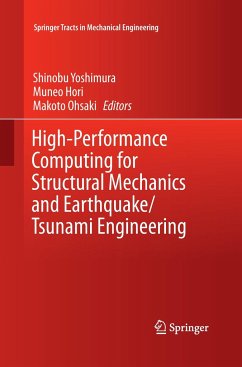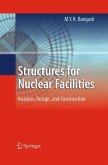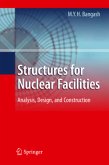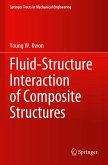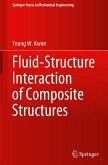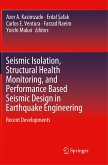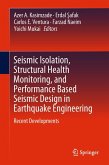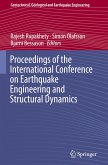Huge earthquakes and tsunamis have caused serious damage to important structures such as civil infrastructure elements, buildings and power plants around the globe. To quantitatively evaluate such damage processes and to design effective prevention and mitigation measures, the latest high-performance computational mechanics technologies, which include telascale to petascale computers, can offer powerful tools. The phenomena covered in this book include seismic wave propagation in the crust and soil, seismic response of infrastructure elements such as tunnels considering soil-structure interactions, seismic response of high-rise buildings, seismic response of nuclear power plants, tsunami run-up over coastal towns and tsunami inundation considering fluid-structure interactions. The book provides all necessary information for addressing these phenomena, ranging from the fundamentals of high-performance computing for finite element methods, key algorithms of accurate dynamic structural analysis, fluid flows with free surfaces, and fluid-structure interactions, to practical applications with detailed simulation results. The book will offer essential insights for researchers and engineers working in the field of computational seismic/tsunami engineering.
Bitte wählen Sie Ihr Anliegen aus.
Rechnungen
Retourenschein anfordern
Bestellstatus
Storno

